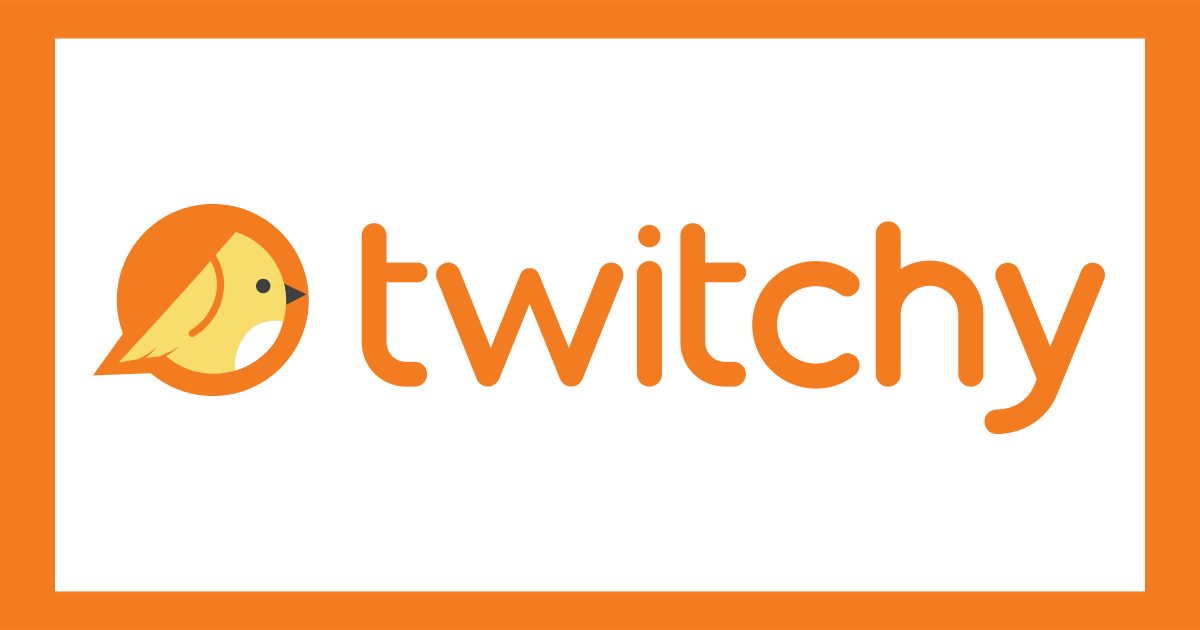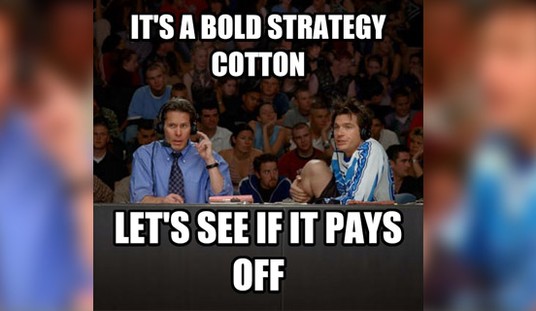Seriously? What’s this about a federal committee sending out text messages to “scold” obese citizens? Baylen J. Linnekin, executive director of the Keep Food Legal Foundation, noted in a column last year that the federal government’s Dietary Guidelines Advisory Committee, a rotating group of academics who meet every five years, was considering not only privacy invading text messages but also new food taxes and municipal food bans.
Linnekin has a new column today in which he interviews University of Alabama-Birmingham researcher Edward Archer, whose new article published in “Mayo Clinic Proceedings” argues that the DGAC’s research “is so off base as to be scientifically useless.”
Federal dietary guidelines “rest on fatally flawed assumptions about unusable data.” http://t.co/xQEx9YjUun
— Stephen Fleming (@StephenFleming) June 13, 2015
@StephenFleming Actually…can't the same be said for most Federal policies?
— Брюс Вебстер (@bfwebster) June 13, 2015
Archer explains why the DGAC continues to rely on so-called “memory-based dietary assessment methods,” which rely on anecdotal data, or “whatever the participant thinks (or would like the researcher to think) he or she ate over the past day, week, and in some cases the past decade.”
The federal government has massively increased spending on nutrition and obesity research over the past few decades, and now spends over $2 billion of taxpayer’s money per year. Unfortunately, the people that control that funding are the same researchers that use these anecdotal methods, train the next generation of researchers, and control the publication of scientific papers. As such, new methods and innovative research is stifled. The same researchers are getting funded to do the same research year after year after year.
Recommended
In other words, the federal government’s dietary research methods are even less sound than anecdotal climate change data.
"for over 50 years, government-funded (nutrition) researchers have been presenting anecdotal evidence as science." https://t.co/NAMCcDm2sB
— Arthur Kimes (@ComradeArthur) June 13, 2015
researchers use "data from observational studies in which ***nothing is actually measured***" https://t.co/NAMCcDm2sB
— Arthur Kimes (@ComradeArthur) June 13, 2015
https://twitter.com/MoonbatCatnip/status/609857303907577857
.@MoonbatCatnip It's like basing climate science on what people REMEMBERED previous decade's temperatures as.
— Arthur Kimes (@ComradeArthur) June 13, 2015
https://twitter.com/MoonbatCatnip/status/609858312859951104
I often wondered about those studies based on what people SAY they eat.
Sounded *funny* to me. Turns out, it is!— Arthur Kimes (@ComradeArthur) June 13, 2015
data generated by nutrition … questionnaires are not
independently observable,
quantifiable,
measureable, or
falsifiable. #Science!— Arthur Kimes (@ComradeArthur) June 13, 2015
The federal nutrition guidelines developed by the DGAC rely on (the surveys that are based on participant's memory)http://t.co/GUmCDuYS05
— Arthur Kimes (@ComradeArthur) June 13, 2015
Federal nutrition scientists follow the same system as #GlobalWarming ones!http://t.co/GUmCDuYS05@AceofSpadesHQ pic.twitter.com/HxSCSlVH2C
— Arthur Kimes (@ComradeArthur) June 13, 2015
federally funded nutrition researchers have demonstrated scientific incompetence … by presenting anecdotal evidence as scientific evidence
— Arthur Kimes (@ComradeArthur) June 13, 2015
Does the federal government (or, more specifically, the DGAC) know the best diet for all Americans?
***No.***
— Arthur Kimes (@ComradeArthur) June 13, 2015
https://twitter.com/UberMinch/status/609849506205569024
Thanks goodness the first lady and her mother and daughters leave for Europe this week to lead a delegation through the United States’ pavilion at the Milan Expo 2015, entitled “American Food 2.0: United to Feed the Planet.” We’re anxious ourselves to learn just what “American Food 2.0” is and how the federal government intends to force it on the public.
























Join the conversation as a VIP Member